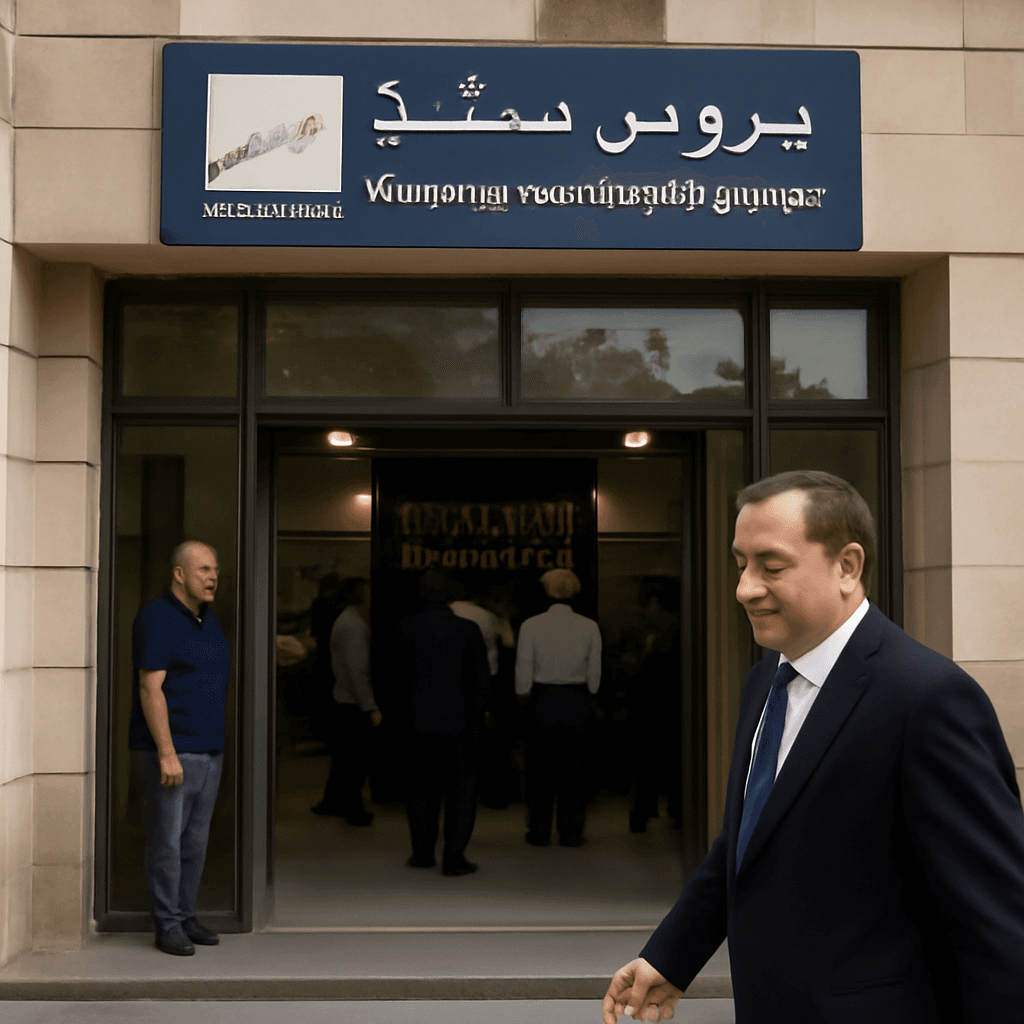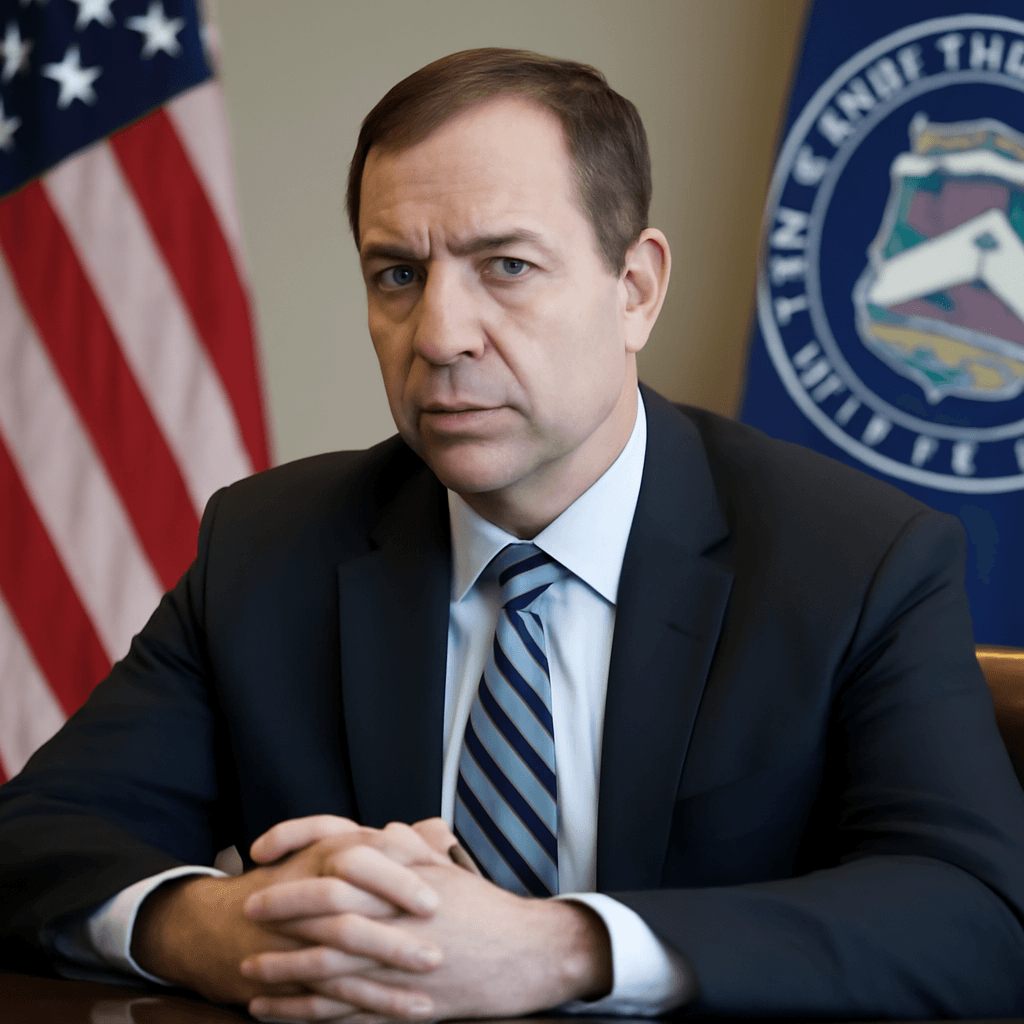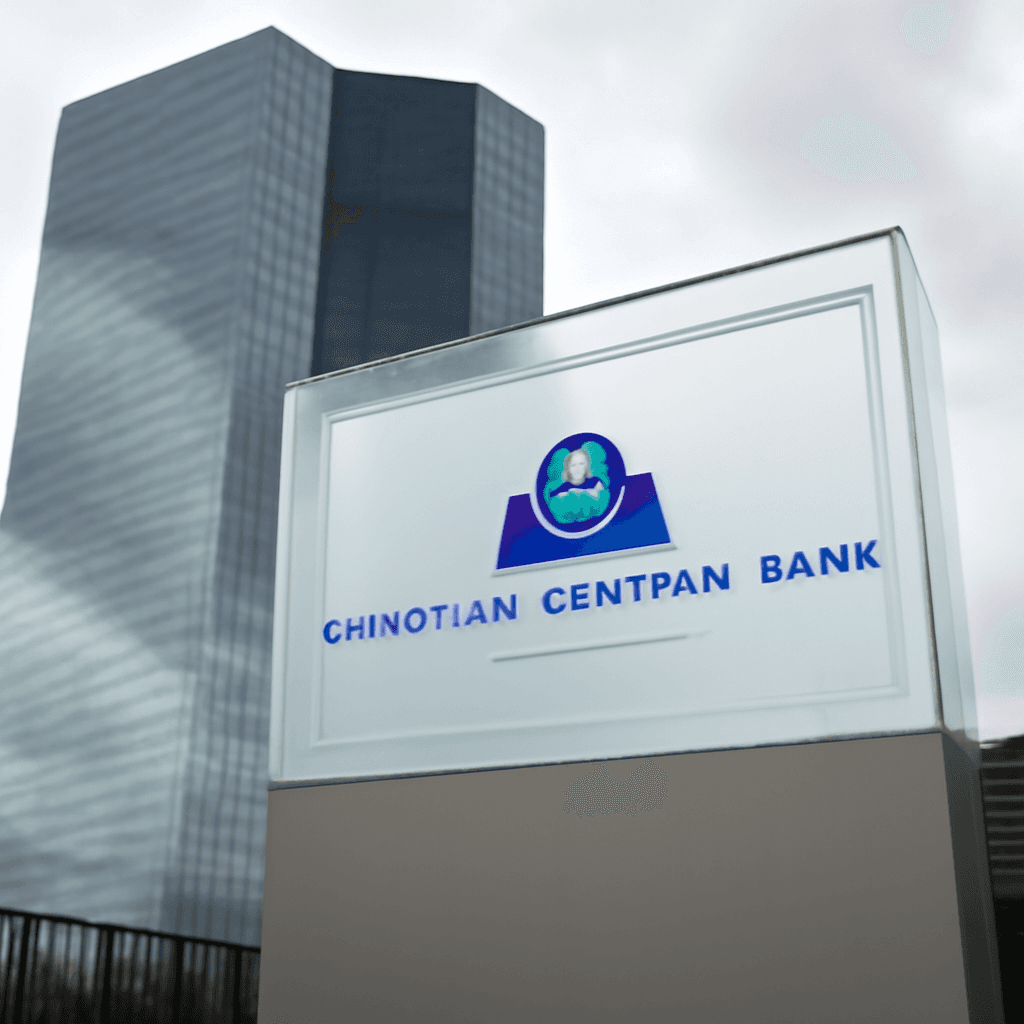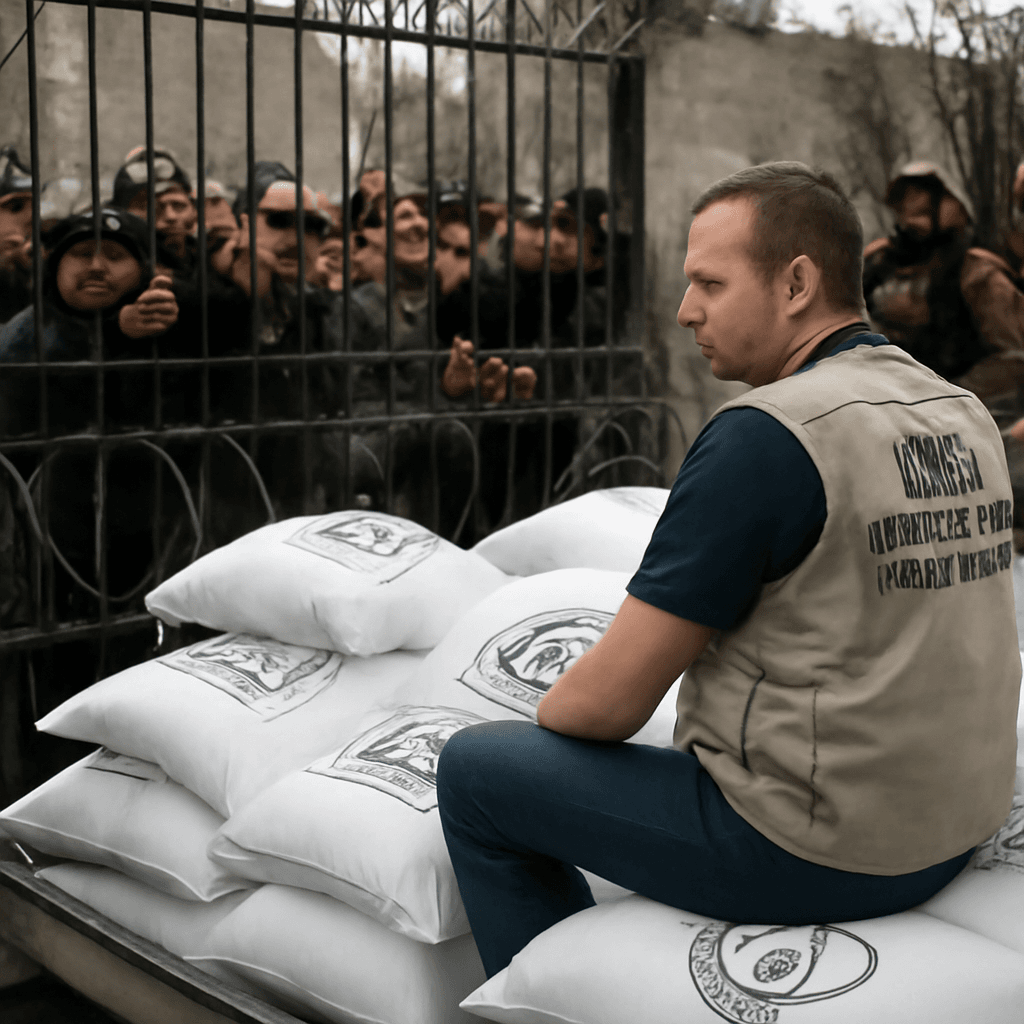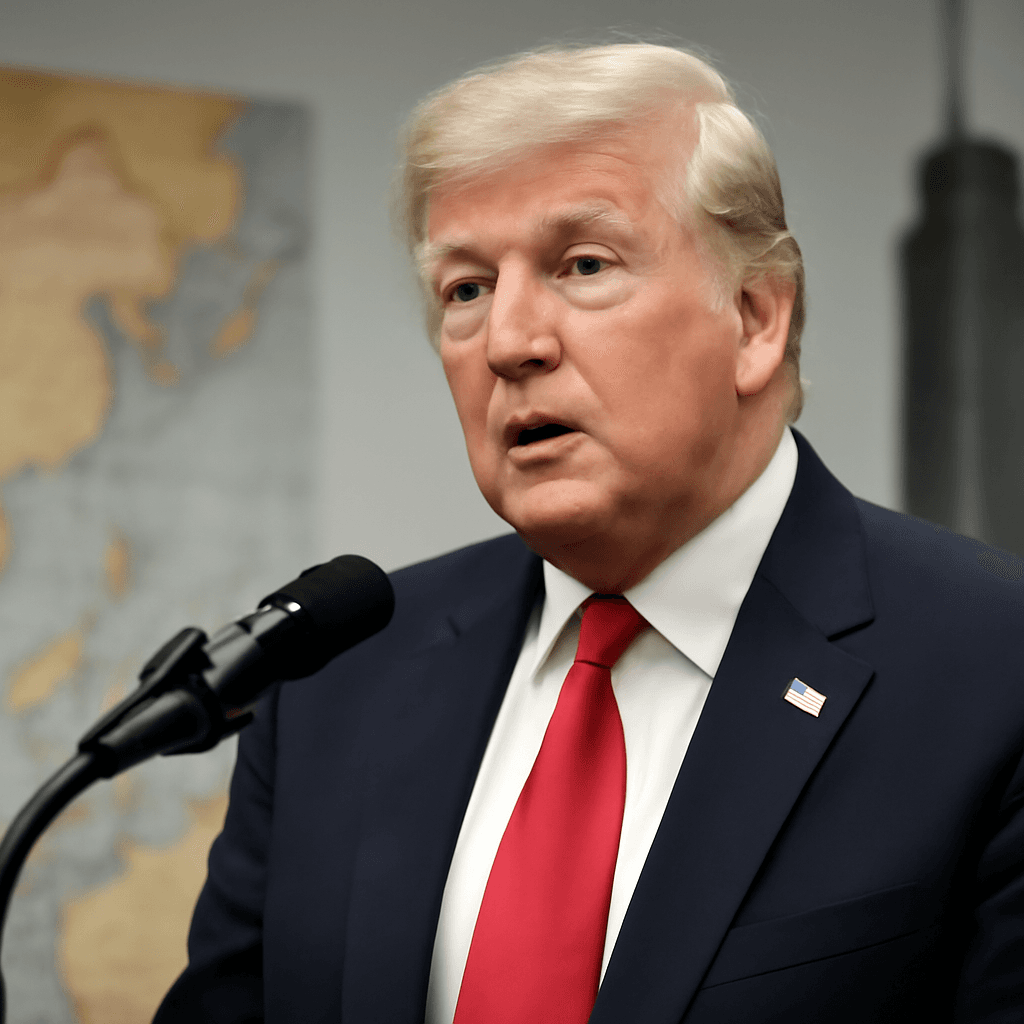Syria’s Stock Market Reopens, Signaling Economic Recovery
After a six-month closure, the Damascus Securities Exchange has officially reopened, marking a hopeful turn for Syria’s economy amid significant political changes. The reopening aligns with a broader international easing of sanctions, following the recent change in Syria’s leadership.
New Leadership and Lifting of Sanctions
The exchange had been closed amidst political upheaval, notably the ousting of former President Bashar al-Assad and the rise of the Sunni Islamist group Hayat Tahrir al-Sham under Ahmed al-Sharaa. Last month, both the United States and European countries announced the lifting of sanctions imposed during Assad’s tenure, intending to facilitate Syria’s reintegration into global markets.
Financial Sector Modernization and Digital Focus
At the reopening ceremony, Syrian Finance Minister Mohammed Yisr Barnieh emphasized that reopening the stock market represents the start of economic recovery. He highlighted the intention for the Damascus Securities Exchange to function as a private company focused on digital modernization and to act as a central hub supporting Syria’s economic growth.
Major Energy Investments to Rebuild Infrastructure
In a significant development, Syria recently signed a $7 billion energy agreement with a consortium from Qatar, Turkey, and the United States. This partnership aims to develop a 5,000-megawatt power project, crucial for restoring electricity infrastructure devastated during years of conflict.
Support from Gulf States
Further bolstering Syria’s recovery efforts, Saudi Arabia and Qatar have pledged joint financial support for Syrian state employees. Saudi Arabia’s Foreign Minister Prince Faisal bin Farhan Al-Saud confirmed this commitment during a press conference held in Damascus alongside Syrian counterpart Asaad al-Shibani.
Outlook for Syria’s Economic Future
The new Syrian government is actively engaging with both Arab and Western nations to attract aid and investment. This strategy aims to address the war's devastating effects and lay foundations for a revitalized economy. The easing of sanctions and collaborative regional support could accelerate rebuilding a state severely impacted by long-term conflict.
- Damascus Securities Exchange reopened after a six-month closure
- US and Europe have lifted longstanding economic sanctions
- A $7 billion energy project to restore electricity grid is underway
- Saudi Arabia and Qatar jointly supporting Syrian state employees financially

